Table of Contents
A Journey Toward Successful Aging
Imagine watching your grandchildren play in the yard, pursuing hobbies you love, or traveling to your dream destinations without feeling limited by age. Aging gracefully is about much more than growing older; it’s about thriving—physically, mentally, and emotionally.
Aging is not just about growing older—it’s about growing wiser, staying active, and thriving. Embracing a healthy lifestyle that prioritizes cognitive health, mental sharpness, and emotional well-being can transform our later years into a time of fulfillment and joy.

We often associate age with decline, but it doesn’t have to be that way. By adopting healthy lifestyle habits and focusing on cognitive health, we can stay sharp and vibrant as we age. Let’s explore eight practical tips to help us make the most of our golden years.
1. Prioritize Physical Activity
Regular physical activity is essential for maintaining both our physical and mental well-being. Exercise improves blood flow to the brain, which supports cognitive health, enhances mental sharpness, and reduces the risk of chronic diseases like diabetes and cardiovascular issues.
How to Stay Active:
- Aerobic Exercise: Activities like walking, swimming, or cycling for at least 30 minutes a day can improve stamina and cardiovascular health.
- Strength Training: Building muscle mass with resistance bands or weights twice a week helps maintain mobility and independence.
- Balance Exercises: Practices like yoga and tai chi prevent falls and improve coordination, which are crucial for active aging.
Even small steps, like gardening, dancing, or taking the stairs instead of the elevator, can make a significant difference. Active aging isn’t about perfection—it’s about consistency.
2. Adopt a Nutrient-Rich Diet
The foods we consume have a profound impact on our body and brain. A nutrient-rich diet fuels our energy, reduces inflammation, and supports mental clarity.
Foods to Include:
- Leafy Greens: Kale, spinach, and other greens are packed with vitamins that promote brain health.
- Healthy Fats: Avocados, nuts, seeds, and olive oil are excellent for improving cognition.
- Lean Proteins: Chicken, fish, eggs, and tofu help preserve muscle mass.
- Berries: Antioxidants in blueberries and strawberries protect the brain and enhance memory.
Avoid heavily processed foods that promise quick energy but often lead to fatigue and sugar crashes. Instead, focus on whole foods that nourish the body and mind for sustained vitality.
3. Exercise Your Mind
The brain is like a muscle—the more we use it, the stronger it gets. Keeping mentally active is essential for preventing cognitive decline and fostering mental sharpness.

Ways to Challenge Your Mind:
- Brain Games: Try puzzles, word searches, or strategy games like chess.
- Lifelong Learning: Enroll in online courses, pick up a new instrument, or learn a foreign language.
- Creative Outlets: Writing, painting, or crafting boosts creativity and self-expression.
- Mindful Practices: Meditation and journaling help develop self-awareness, reduce stress, and improve focus.
Engaging in these activities promotes cognitive health and keeps our minds agile, no matter our age.
4. Build Strong Social Connections
Human beings thrive on connection. Loneliness and isolation can lead to social anxiety, depression, and a decline in mental health. Staying socially active nurtures our sense of belonging and improves emotional resilience.
Ideas to Stay Connected:
- Join Clubs: Consider hobby or fitness groups that align with your interests.
- Volunteer: Helping others gives us a sense of purpose and helps us build new relationships.
- Family Time: Schedule regular family dinners or outings.
- Technology: Use video calls or social media to stay in touch with loved ones far away.
A strong support network is vital for emotional and cognitive well-being, helping us navigate life’s challenges with ease..
5. Manage Stress Effectively
Stress takes a toll on both body and mind. Chronic stress accelerates aging, disrupts sleep, and can lead to mental health challenges like anxiety or depression.

Stress Management Techniques:
- Mindfulness: Practices like deep breathing or meditation improve focus and reduce tension.
- Relaxing Hobbies: Activities such as reading, painting, or gardening provide an emotional outlet.
- Outdoor Activities: Spending time in nature promotes tranquility and reduces stress hormones.
Being self-aware of our stress triggers allows us to address them proactively, improving both our mental and physical health.
6. Embrace a Healthy Sleep Routine
Sleep is critical for overall health, especially as we age. During sleep, our bodies repair themselves, and our brains consolidate memories, making it vital for cognitive health and mental sharpness.
Tips for Better Sleep:
- Consistent Schedule: Go to bed and wake up at the same time daily.
- Pre-Sleep Routine: Wind down with calming activities like journaling or reading.
- Limit Stimulants: Avoid caffeine, alcohol, and screen time close to bedtime.
A restful night’s sleep ensures we wake up refreshed and ready to embrace each day.
7. Focus on Conflict Resolution and Emotional Health
Emotional well-being plays a pivotal role in aging gracefully. Unresolved conflicts and bottled-up emotions can lead to resentment and strain relationships, negatively affecting our mental health.
Tips for Conflict Resolution:
- Communicate Clearly: Express your feelings honestly but calmly.
- Seek Understanding: Aim to resolve, not win, an argument.
- Therapy: Consider professional guidance to navigate complex emotional challenges.
Practicing forgiveness and letting go of past grievances can free us from emotional burdens, allowing us to age with grace and dignity.
8. Plan for Your Future Self
Planning ahead can align our present efforts with the life we envision for our future selves. Whether it’s financial security, healthcare preferences, or living arrangements, preparation ensures we age confidently and comfortably.

Steps to Take:
- Document Wishes: Outline healthcare directives, retirement plans, and living arrangements.
- Discuss Plans: Communicate openly with family about your desires.
- Financial Planning: Consider long-term care insurance or investment strategies to support your lifestyle.
A well-thought-out plan allows us to focus on living fully in the present without worrying about uncertainties.
9. Embrace Your Zodiac Sign and Self-Awareness
Astrological insights, like your zodiac sign, can offer a unique perspective on your personality traits and preferences. While it’s not a science, it can help us understand ourselves better and align our habits with our natural tendencies.
For instance, if your sign suggests a love for routine, use that to your advantage by establishing consistent healthy habits. This self-awareness can create a deeper sense of purpose as we navigate the aging process.
10. Cultivate a Positive Outlook
A positive mindset can make all the difference in how we perceive and experience aging. Studies show that optimism boosts mental health and may even extend lifespan.
How to Stay Positive:
- Focus on gratitude: Keep a journal of things you’re thankful for.
- Surround yourself with uplifting individuals.
- Reframe challenges as opportunities to learn and grow.
By maintaining a positive outlook, we can approach aging with excitement rather than fear, embracing the wisdom and opportunities that come with it.
11. Stay Hydrated for Better Health
Hydration is a crucial but often overlooked aspect of healthy aging. Water is essential for nearly every function in our body, from digestion to temperature regulation. As we age, our bodies become less efficient at retaining water, which can lead to dehydration. Dehydration can negatively affect both physical and cognitive health, causing symptoms such as fatigue, confusion, and difficulty concentrating.
The Importance of Hydration
In fact, studies have shown that dehydration can impair cognitive function, especially in older adults. According to a study published in the Journal of Nutrition, mild dehydration can negatively impact mood, alertness, and short-term memory, which are all critical components of mental sharpness. Additionally, older adults are more susceptible to chronic conditions like kidney disease and urinary tract infections, which can be exacerbated by inadequate hydration.
How to Stay Hydrated:
- Drink water throughout the day, not just when you’re thirsty.
- Add hydrating foods like cucumbers, oranges, and watermelon to your diet.
- Avoid excessive caffeine or alcohol, as they can dehydrate the body.
Maintaining adequate hydration is an easy yet effective way to enhance active aging and support cognitive health.
12. Embrace Mind-Body Practices for Holistic Health
A holistic approach to active aging integrates both physical and mental well-being. Practices that combine the benefits of both body and mind are particularly effective for seniors. Activities such as yoga, tai chi, and Pilates not only improve physical strength and flexibility but also promote mental clarity, relaxation, and emotional stability.
Yoga for Cognitive Health
Yoga has been shown to improve brain function by enhancing neuroplasticity—the brain’s ability to form new neural connections. In a study published in the Journal of Alzheimer’s Disease, participants who practiced yoga experienced improved cognitive function and reduced symptoms of anxiety and depression, both of which are important for aging gracefully. The focus on controlled breathing and meditation in yoga also reduces stress, which in turn improves mental sharpness.
Tai Chi for Physical and Mental Benefits
Tai chi, a form of Chinese martial arts, is another great option for maintaining cognitive health as we age. Research has demonstrated that tai chi can reduce the risk of falls by improving balance and coordination, while also offering mental benefits such as reduced stress and improved sleep quality. According to a study in the Journal of Clinical Psychology, tai chi practitioners showed significant improvements in cognitive function and emotional well-being.
Incorporating mind-body practices into your daily routine can provide a well-rounded approach to active aging, ensuring that both your body and mind remain healthy and engaged.
13. Leverage Technology to Support Aging
Technology has advanced significantly in recent years, and many innovations are specifically designed to support aging individuals in maintaining their mental sharpness and physical health. From wearable devices that track physical activity to apps that help with brain exercises, technology can be a valuable ally in aging gracefully.
Wearable Fitness Trackers
Devices like Fitbit or Apple Watch can monitor your physical activity, heart rate, and even sleep patterns. These devices help keep you motivated to stay active and can alert you when it’s time to move or take a rest. Many trackers also offer features that allow you to track your hydration levels and remind you to drink water throughout the day, promoting hydration for better cognitive health.
Brain Training Apps
Apps such as Lumosity and BrainHQ offer daily exercises designed to boost mental sharpness. These apps include games and challenges that focus on memory, attention, problem-solving, and speed, all of which can contribute to better cognitive health as you age. Research has shown that regularly practicing brain exercises can delay the onset of cognitive decline, making them a valuable tool in maintaining mental clarity.
Virtual Reality for Physical Activity
Virtual reality (VR) is another innovative technology that has shown promise in promoting active aging. VR-based exercise programs can provide an engaging way to stay active, particularly for those who might struggle with traditional forms of exercise. VR workouts are immersive, offering everything from virtual hiking to tai chi, helping seniors stay engaged and physically active in a fun, low-impact manner.
Technology is not only a tool for entertainment but also a powerful resource for promoting cognitive health and ensuring active aging.
14. Monitor Mental Health
While physical health is important, mental health is equally crucial for aging well. The psychological impact of aging can sometimes be overlooked, but it’s essential to address emotional well-being to maintain mental sharpness. Depression and anxiety are common among older adults, particularly those who experience loss or face the challenges of chronic illness.
The Link Between Mental and Physical Health
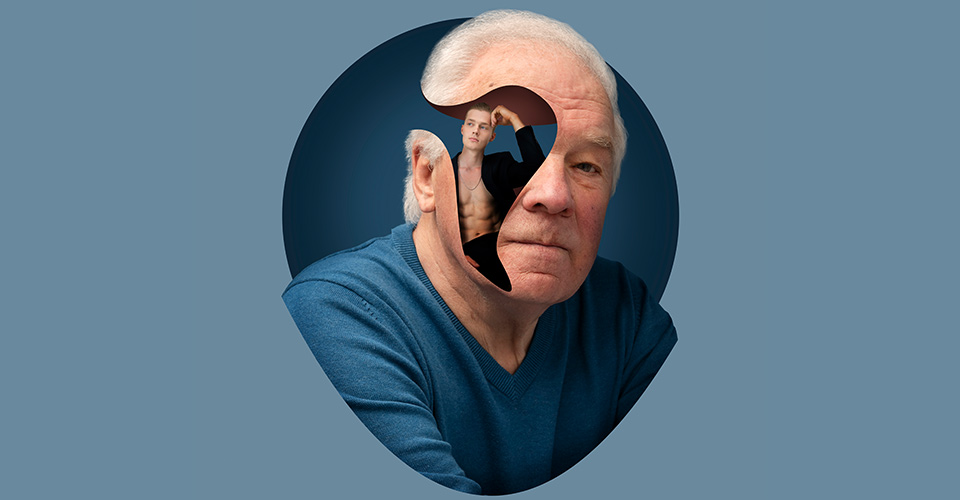
The connection between mental health and physical health is undeniable. Poor mental health can lead to a weakened immune system, increased inflammation, and even cardiovascular problems. On the other hand, maintaining a positive outlook and staying mentally engaged can have profound effects on both physical and cognitive health.
How to Support Mental Health as You Age:
- Engage in social activities to reduce feelings of isolation.
- Seek professional help if you experience symptoms of depression or anxiety.
- Practice mindfulness and relaxation techniques to improve emotional resilience.
Taking care of your mental health not only improves your quality of life but also supports the preservation of cognitive health and helps you age with grace and dignity.
15. Explore the Role of Genetics in Aging
While lifestyle choices play a significant role in how we age, genetics also has a powerful influence on our overall health. For example, studies have shown that certain genes can predispose individuals to age-related conditions such as Alzheimer’s disease, cardiovascular issues, and even cancer. However, genetics is not destiny. In fact, maintaining a healthy lifestyle can delay or even mitigate the effects of genetic predispositions.
Genetic Testing and Personalized Health Plans
Thanks to advancements in genetic testing, we now have the opportunity to better understand our individual risks and tailor our health strategies accordingly. By knowing your genetic makeup, you can work with healthcare professionals to create a nutrient-rich and exercise plan that addresses your unique needs.
For instance, if you have a genetic predisposition to heart disease, focusing on cardiovascular exercise and a heart-healthy diet can help manage this risk. On the other hand, if you have genes linked to cognitive decline, activities like brain training and consuming brain-boosting foods can help protect your cognitive health.
16. Take Advantage of Supplements for Cognitive Support
While a nutrient-rich diet is the foundation of good health, some supplements can also support cognitive health as we age. These supplements, when taken correctly and under the guidance of a healthcare provider, can provide additional benefits in maintaining mental sharpness and overall well-being.
Supplements to Consider:
- Omega-3 Fatty Acids: Found in fish oil, omega-3s have been shown to improve cognitive function and may reduce the risk of Alzheimer’s disease.
- Vitamin D: Adequate levels of vitamin D are essential for brain health and may help prevent cognitive decline.
- Ginkgo Biloba: This herb has been traditionally used to improve circulation and enhance memory, making it a popular supplement for older adults.
- B Vitamins: B12, B6, and folate are crucial for maintaining healthy brain function and preventing memory loss.
While supplements can be beneficial, they should not replace a balanced, nutrient-rich diet but rather complement it. Always consult with a healthcare professional before adding new supplements to your routine.
17. Practice Resilience and Adaptability
As we age, change is inevitable. Whether it’s dealing with physical limitations, the loss of loved ones, or changes in lifestyle, resilience and adaptability are essential traits for successful aging. Those who can accept change with grace and maintain a flexible mindset are more likely to experience active aging and maintain a sense of purpose as they grow older.
How to Build Resilience:
- Cultivate a positive mindset by focusing on what you can control.
- Stay open to new experiences and challenges.
- Practice gratitude and mindfulness to stay grounded during difficult times.
The ability to adapt to life’s changes without losing a sense of self can help us navigate the aging process with greater ease, preserving both cognitive health and mental sharpness.
As we move through different stages of life, it’s important to take a holistic approach to aging gracefully. Focusing on physical activity, a nutrient-rich diet, mental stimulation, and emotional well-being ensures that we are equipped to face the challenges of aging while living with vitality and purpose. By embracing these practices, we can maintain our cognitive health and remain sharp, engaged, and fulfilled as we grow older.
Key Takeaways
- Physical Health: Regular exercise and a balanced diet are vital.
- Cognitive Health: Mental challenges and social connections help maintain sharpness.
- Emotional Well-being: Managing stress and conflicts leads to better relationships.
- Future Planning: Preparing for what’s ahead ensures peace of mind.
At a Glance
- Aging gracefully is about embracing healthy habits and nurturing your mind and body.
- Small, consistent changes lead to long-term benefits.
- Staying active, eating well, and managing stress are foundational practices.
FAQs
1. Can we start these habits later in life?
Absolutely! It’s never too late to make positive changes for better health.
2. How does our zodiac sign affect aging?
While zodiac signs can offer insights into personality traits, successful aging is determined by lifestyle choices rather than astrological factors.
3. What is the first step to aging gracefully?
Start by identifying one area—like diet or exercise—and make a small, sustainable change today.
Aging gracefully is within reach for all of us. By focusing on physical activity, cognitive health, and emotional well-being, we can lead fulfilling lives full of joy and purpose. Let’s take these steps together and create a future where we thrive—no matter our age.

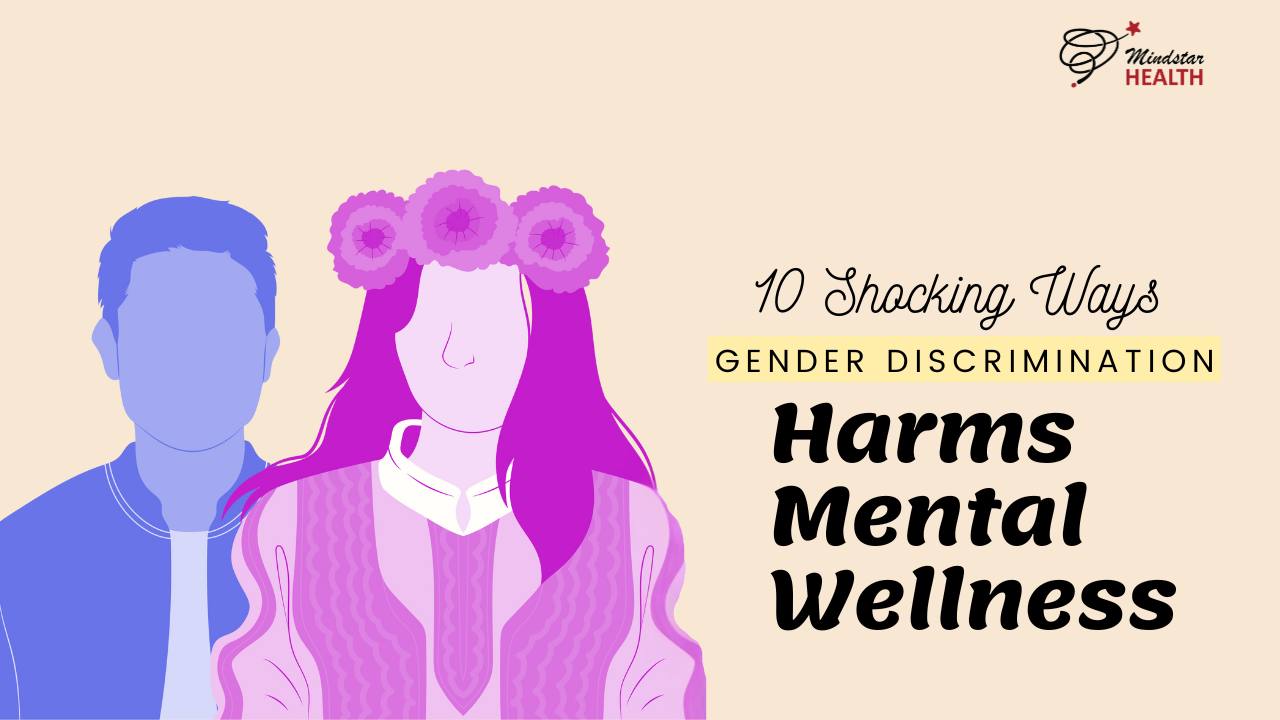
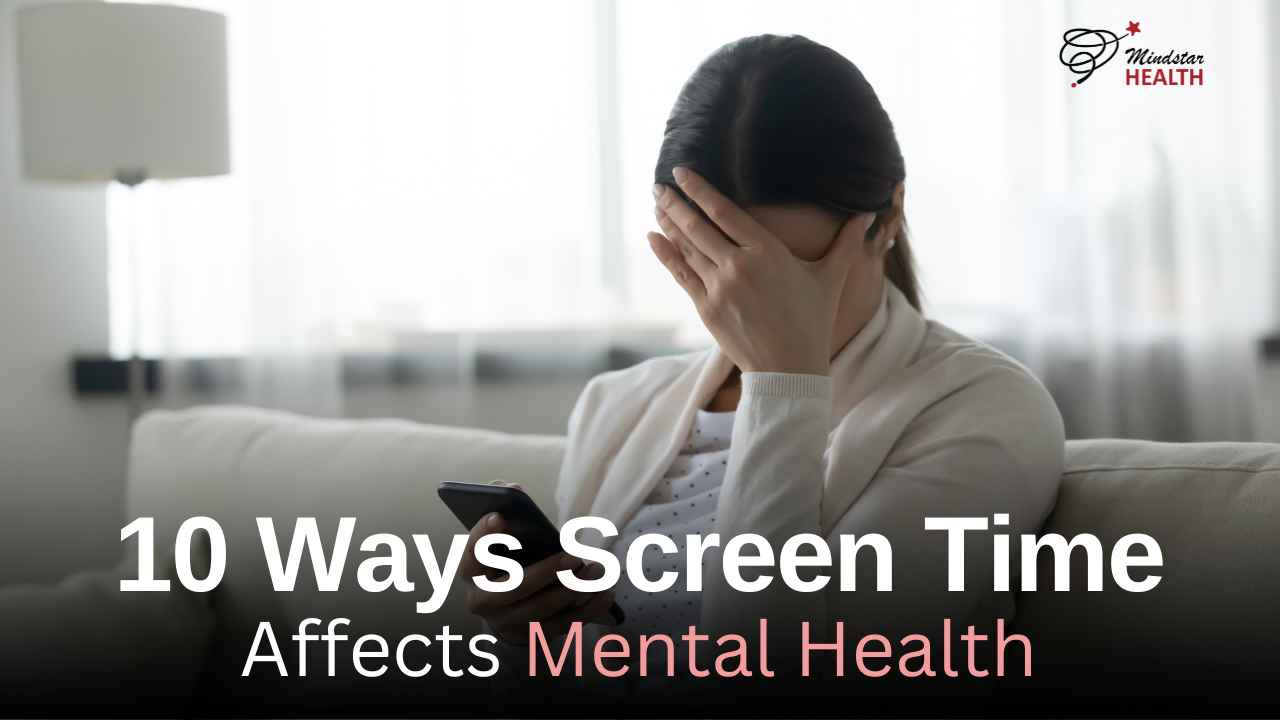

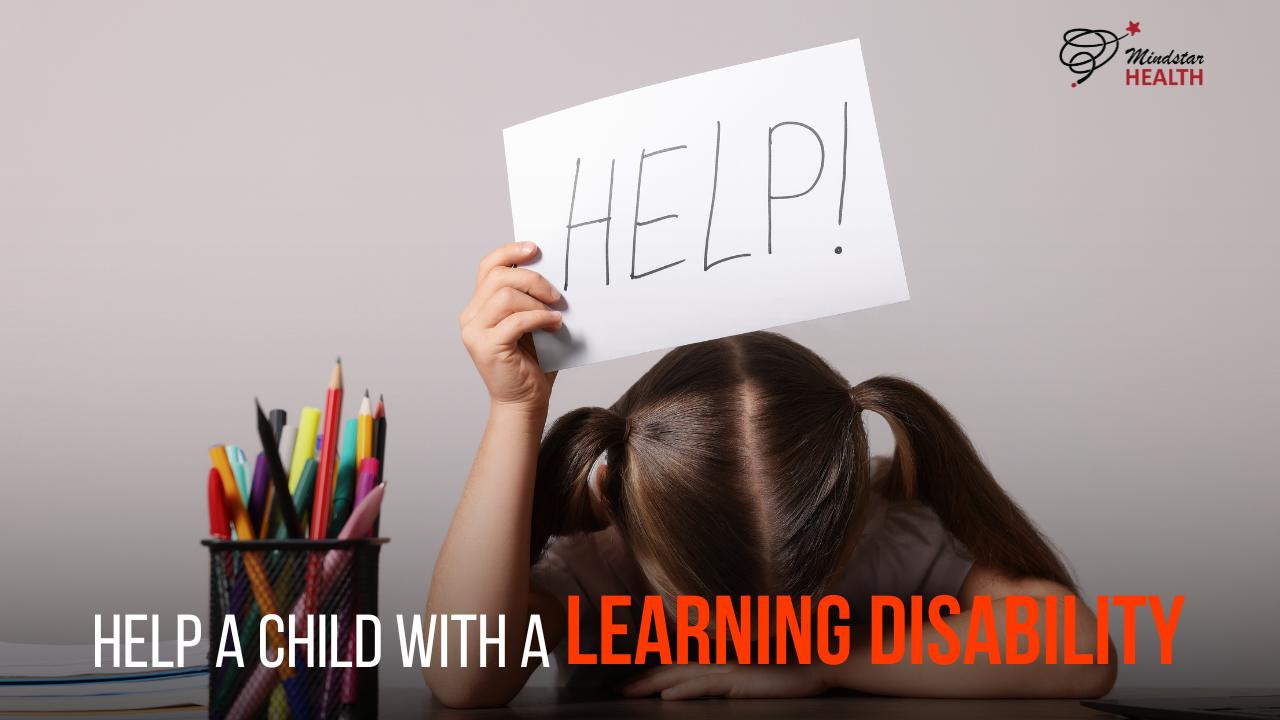

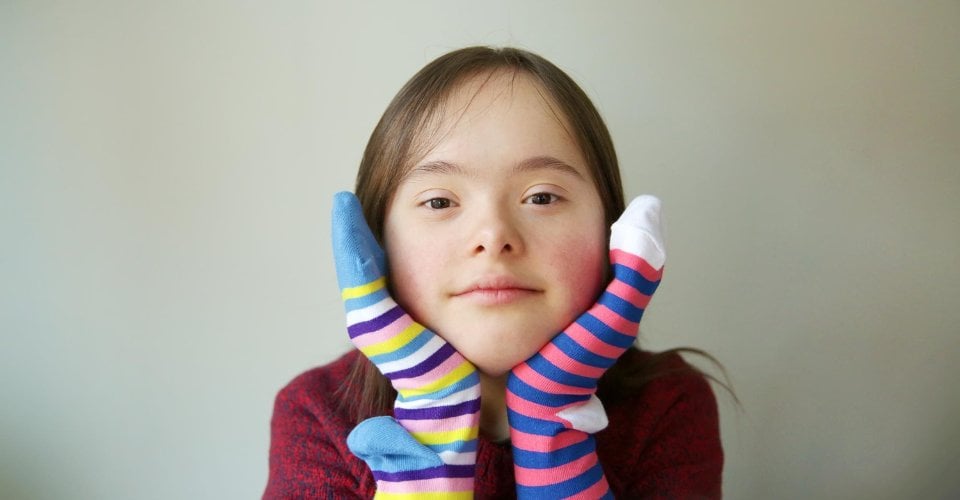









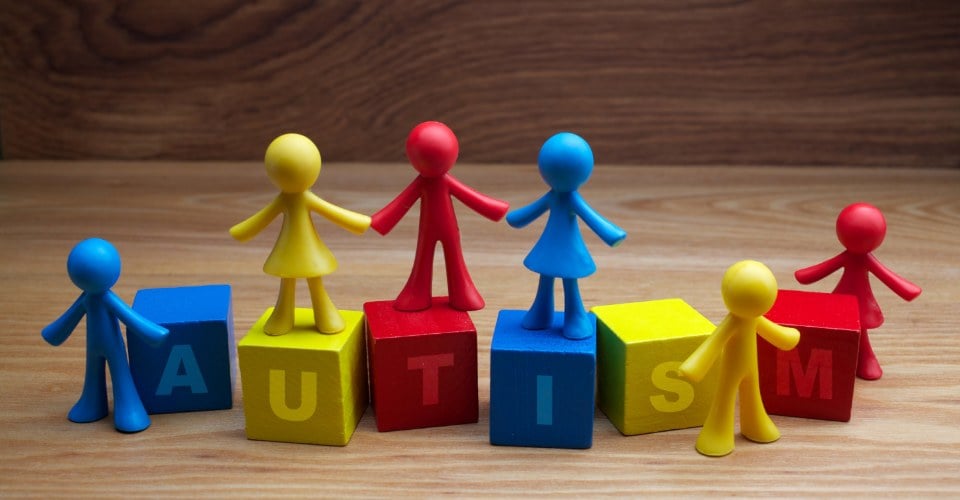
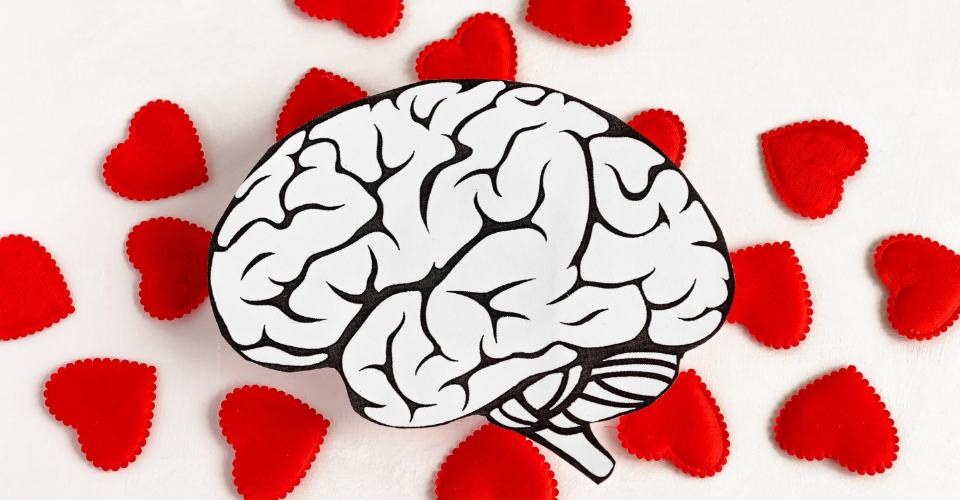



Leave a Reply
You must be logged in to post a comment.